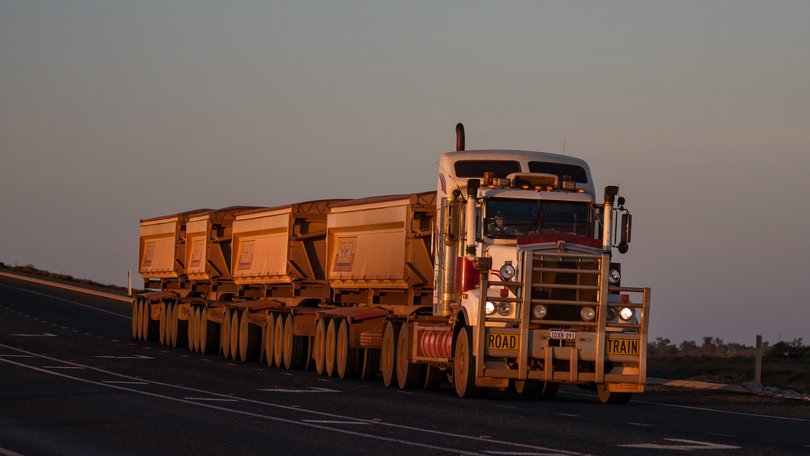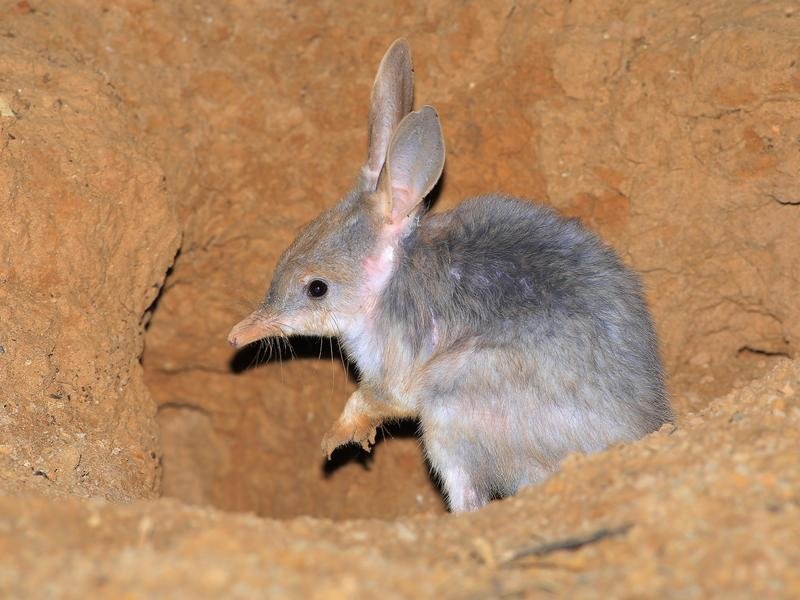EDITORIAL: Pumping the brakes for animals would slam the brakes on the resources industry in the Pilbara

Who doesn’t love a bilby?
Critters don’t come much cuter than these long-eared desert dwellers.
That these adorable marsupials have experienced a massive population decline since colonisation, largely driven by predation by feral cats and foxes, is a tragedy.
Sign up to The Nightly's newsletters.
Get the first look at the digital newspaper, curated daily stories and breaking headlines delivered to your inbox.
By continuing you agree to our Terms and Privacy Policy.Happily, conservation and reintroduction initiatives around the country are experiencing some success. Last year, the Federal Government announced it would invest $5 million in bilby protection programs, while States and Territories also spent up big on keeping the species from extinction.
Money well spent.
The grey falcon, while lacking the bilby’s considerable public relations advantages, is another vulnerable native species extremely worthy of protection.

But, there’s a limit to how much a responsible government should spend on conserving even the most delightful of small mammals or the most magnificent bird of prey.
Exactly where that limit lies is not for us to quantify. But we can say with some certainty that it’s at some point before the figure reaches into the billions of dollars.
But that’s what a proposal put forward by bureaucrats within the Federal Environment Department would have done.
A group of these Canberra-dwelling mammals, the natural enemy of which is good sense and economic productivity, wanted the Government to implement speed limits in the vital Pilbara mining region which were tailored to the behaviour of different animals.
They’d advocated to slow traffic to just 40km/h from dusk to dawn in order to keep bilbies from becoming road kill. Further restrictions would have applied between 9am and 3pm to avoid collisions with the grey falcon during its foraging times.
Unfortunately, those speed limits, in an area dominated by 150km/h highways, would have slammed the brakes on the resources industry, wiping billions of dollars from the Australian economy by substantially lowering miners’ production output.
It’s a classic example of a thought bubble which might have sounded good at a board table in Canberra, but is entirely unsuited to reality.
Thankfully, Environment Minister Tanya Plibersek has assured the public that the Pilbara Bioregion Plan, part of its suite of Nature Positive reforms to overhaul the Environmental Protection and Biodiversity Act, has gone extinct, never to return.
Ms Plibersek has since split up the Nature Positive package, putting new national environment standards on the back burner while pushing ahead with a federal EPA.
And while the Pilbara plan might be no more, its example does illustrate the off-the-planet ideas which have traction within our environmental authorities.
The original aim of the Nature Positive reform, to better protect the environment while cutting red tape and speeding up approval times, was a worthy one.
But somewhere along the way, things got complicated, and overreach set in. Good sense must not be left for dead by the roadside.
